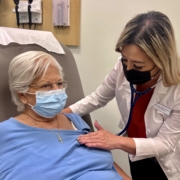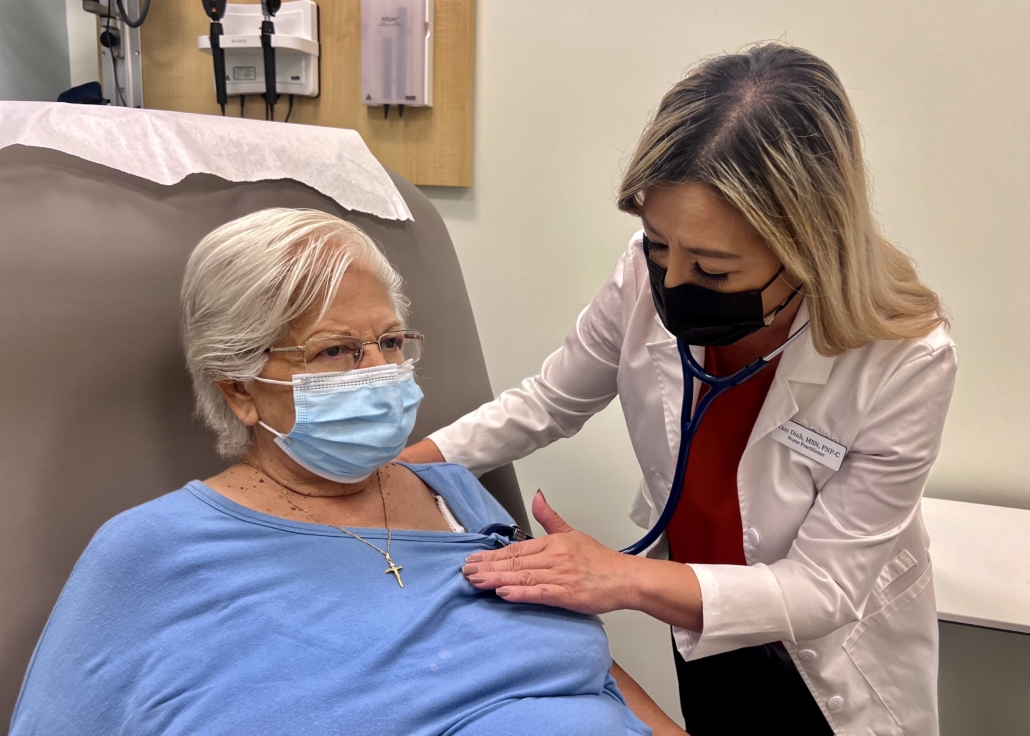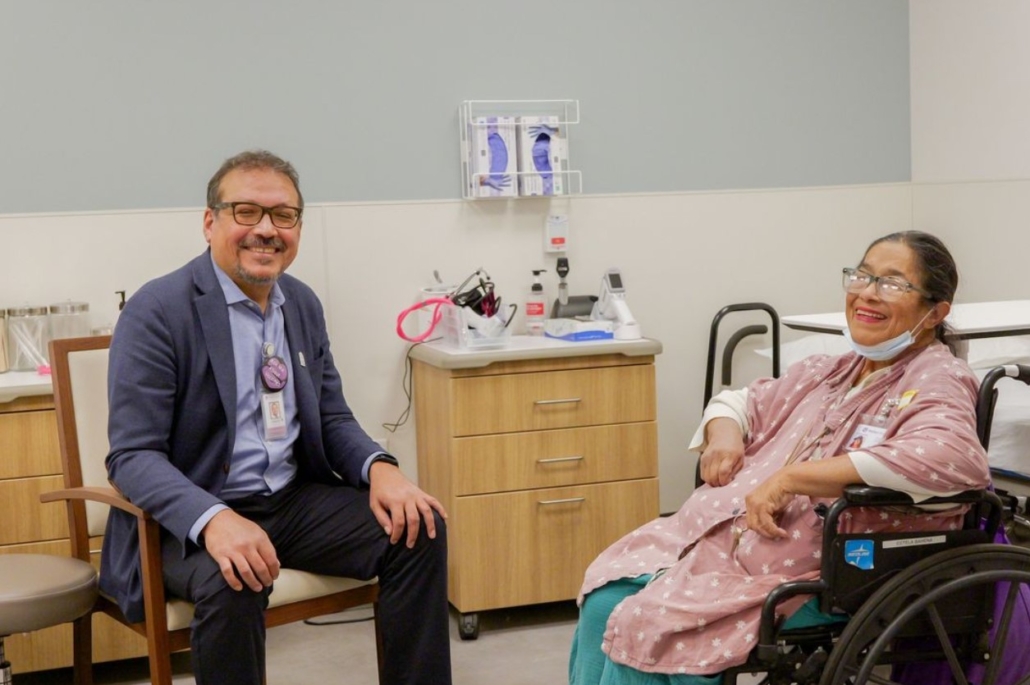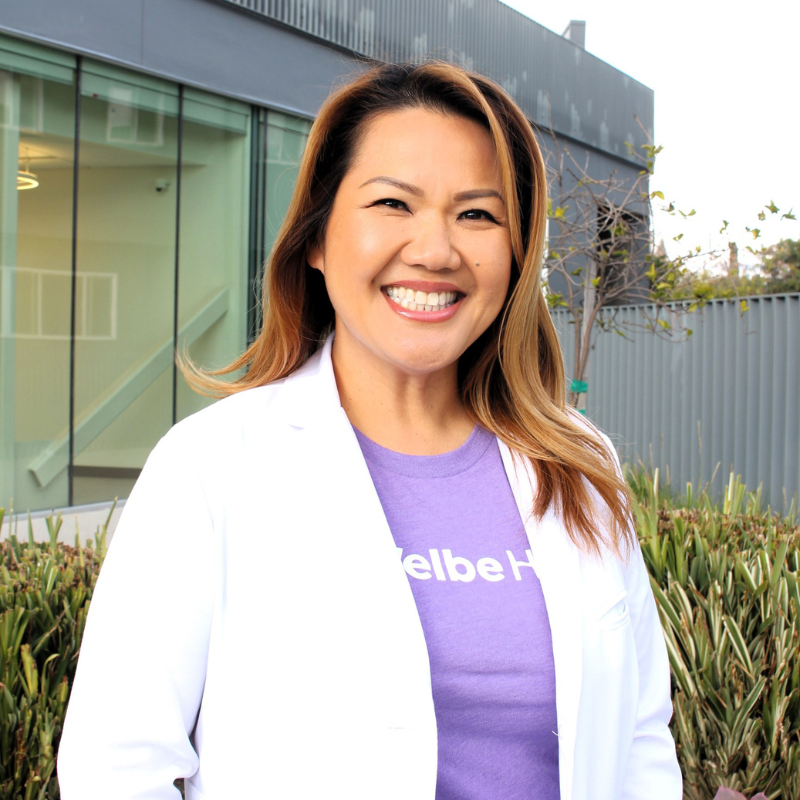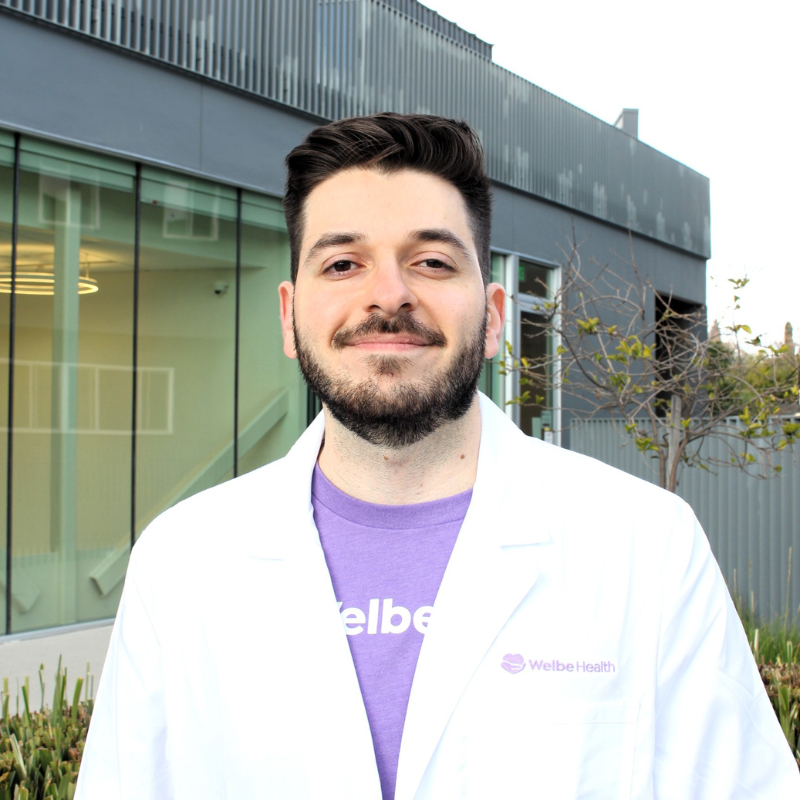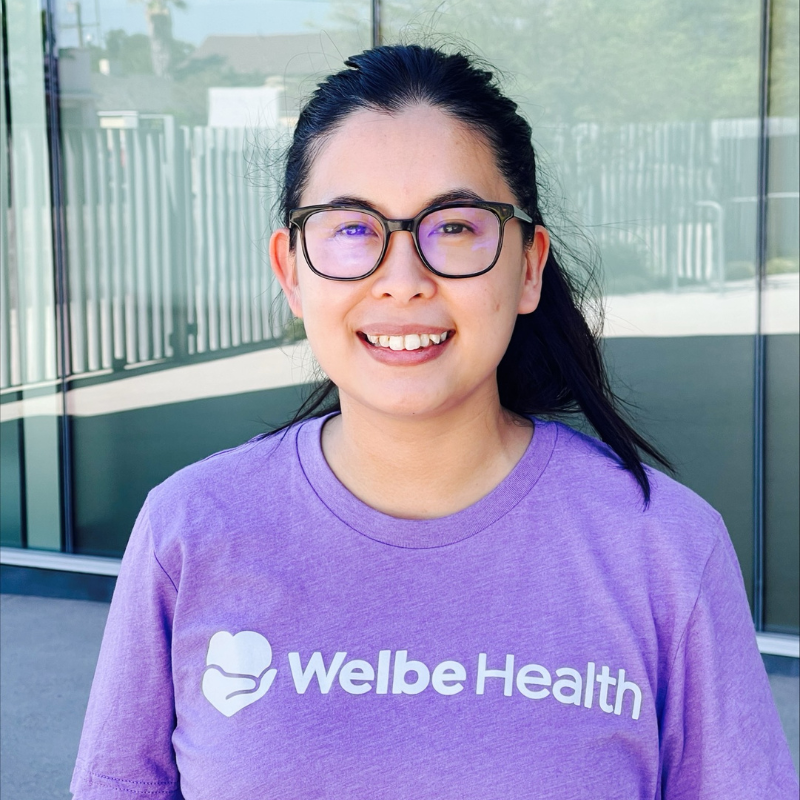Stay Strong and Eat Well: Your Guide to Healthy Aging
It is Healthy Aging Month! This special time is about finding simple ways to stay active and eat nutritious foods so we can feel our best as we get older. Just like a car needs good fuel and regular tune-ups to run smoothly, our bodies need the right care to keep us healthy and happy. Let’s explore how you can make small changes for a big impact on your health.
The Magic of Exercise
Exercise is like a superpower for our bodies! It helps us stay strong, makes us feel happier, and keeps our hearts healthy. You don’t have to run a marathon to get the benefits of exercise. Here are some fun and easy ways to stay active:
Walking
Walking is a fantastic way to stay fit. It’s free, you can do it anywhere, and it’s easy on your joints. Try taking a walk around your neighborhood or find a local park. Invite a friend or family member for company. Walking not only helps your body but also gives you a chance to enjoy the beauty of nature.
Dancing
Who doesn’t love a good dance party? Dancing to your favorite tunes is a fun way to move your body. Whether you’re boogieing in your living room or taking a dance class, it’s a great workout that doesn’t feel like exercise at all!
Stretching
Stretching is important to keep our bodies flexible and ready for action. Try simple stretches every morning to wake up your muscles. Imagine you’re a cat doing a big stretch after a long nap—doesn’t that feel great?
Eating Right for a Strong Body
Just like exercise, eating the right foods is essential to staying healthy. Let’s break down what your body needs to stay strong:
Fruits and Veggies
Fruits and vegetables are packed with vitamins and minerals that help our bodies fight off sickness. Eating a variety of colors, like red apples, green spinach, and orange carrots, ensures you get all the nutrients you need. A tasty way to enjoy more fruits and veggies is by making a colorful salad or a smoothie.
Whole Grains
Whole grains like brown rice, oats, and whole-wheat bread provide energy to keep us active throughout the day. They are full of fiber, which helps our digestion and keeps us feeling full longer. Try swapping white bread for whole-grain bread in your sandwiches for a healthy boost.
Proteins
Proteins are like the building blocks for our muscles. Foods such as chicken, beans, and nuts help us grow strong and stay energized. Including a source of protein in every meal can help maintain muscle mass as we age.
Tips to Get Started
- Set Small Goals: Start with simple goals, like walking for 10 minutes a day. Slowly increase the time as you feel more comfortable.
- Try New Foods: Every week, experiment with a new fruit or vegetable. You might find a new favorite food!
- Stay Hydrated: Drinking plenty of water is crucial. Keep a water bottle handy to remind yourself to take sips throughout the day.
- Join a Group: Find a local exercise class or cooking club. Being part of a group can be motivating and make activities more fun.
- Make It Fun: Choose activities you enjoy. Whether it’s playing a sport, dancing, or gardening, when you have fun, it doesn’t feel like work!
Healthy Aging Month is the perfect time to start taking steps towards a healthier lifestyle. Remember, small changes can lead to big differences in how we feel. By staying active and eating well, you’ll be on your way to enjoying life to the fullest. So, grab a friend and start your healthy aging journey today!
It’s your life. Live it your way
Did you know meals and nutritional counseling are part of the benefits you can receive with WelbeHealth? WelbeHealth provides full-service healthcare and personalized support to help you age well at home and in your community. Our Program of All-Inclusive Care for the Elderly (PACE) meets the changing needs of seniors, often at no cost. To see if you qualify, visit: welbehealth.com/contact


